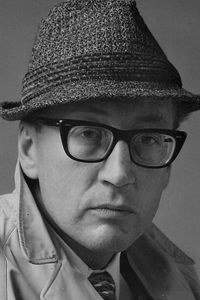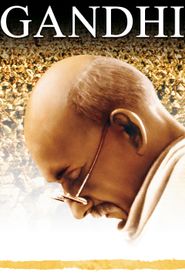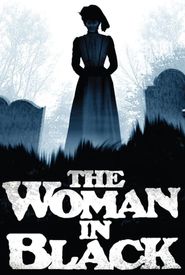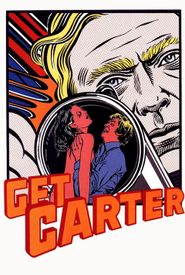Bernard Hepton, a tall and dignified-looking individual, embarked on a remarkable six-decade-long career in the entertainment industry, impressing audiences with his versatility in subtle, self-effacing, and introspective roles. Born in the West Yorkshire city of Bradford, Hepton was the son of an electrician and grew up with poor eyesight, which unfortunately ruled out his participation in wartime service. Instead, he pursued a career as an aircraft engineer and draughtsman. During his teenage years, Hepton served as a 'fire watcher' during World War II, and it was during this period that he discovered his passion for theatre. His introduction to one-act amateur plays sparked a lifelong fascination with the art form, leading him to join the Bradford Civic Playhouse, where he became a protégé of the esteemed director Esme Church.
Hepton's stage career continued to flourish as he acted in York for two years, tackling a wide range of roles from Agatha Christie to Shakespeare. He then went on to graduate as artistic director at the prestigious Birmingham Repertory Theatre and the Liverpool Playhouse. In 1964, Hepton joined the fledgling BBC2, initially hoping to produce and direct. However, he soon found himself in front of the cameras, specializing in classic period dramas. Over the years, he portrayed a diverse array of characters, including kindly clerk Wemmick in Great Expectations (1967),Pallas in I, Claudius (1976),Hungarian émigré Toby Esterhase in Tinker Tailor Soldier Spy (1979) and Smiley's People (1982),Inspector Goole in An Inspector Calls (1982),Sir Thomas Bertram in Mansfield Park (1983),and Mr. Woodhouse in Jane Austen's Emma (1996).
In addition to his numerous guest appearances, Hepton had two notable leading roles in the 1970s: as the humane kommandant in Colditz (1972) and as the Belgian cafe owner/resistance fighter Albert Foriet in Secret Army (1977),who aided the escape of downed Allied airmen from occupied territory.













































